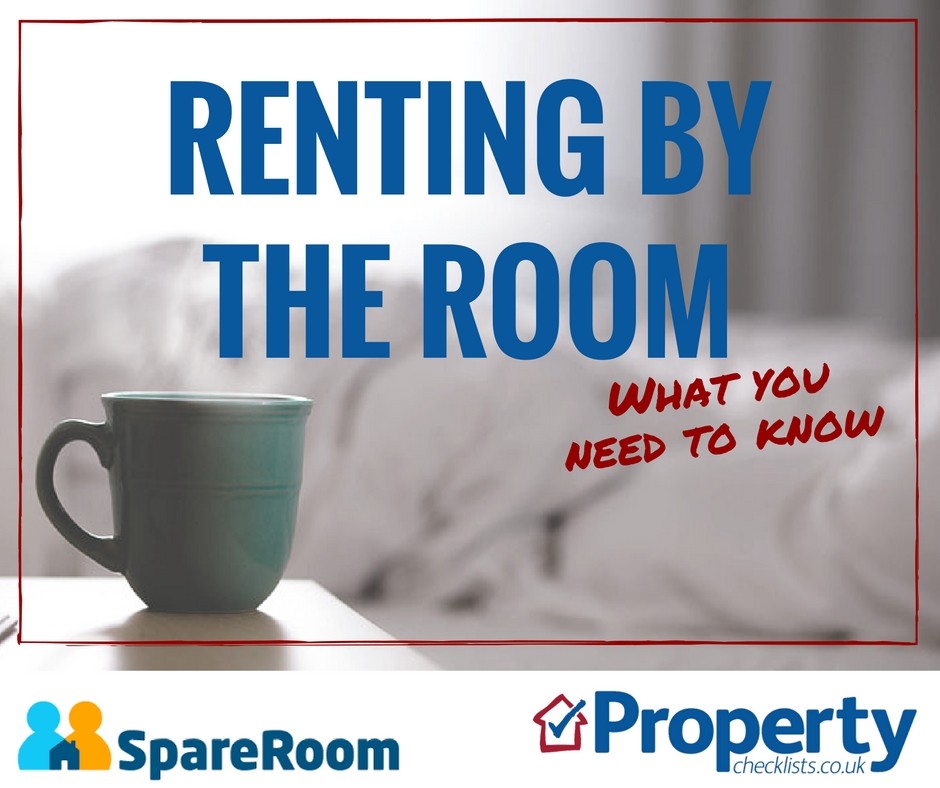
The Autumn Budget may not have contained any major shocks for landlords but there was some news which could affect tax planning in the future. Richard Grayson, of Nicholsons Chartered Accountants, takes a look at some of the main tax announcements.
Capital Gains Tax
Changes to capital gains tax relief were announced which largely affect so-called ‘accidental landlords’, ie those who are now renting out their former home. The changes will take effect from April 2020, so if they will adversely affect you, there is time to speak to a specialist tax advisor and, if appropriate, take action to mitigate any capital gains tax.
When you sell a property, any increase in value is considered a capital gain and is subject to tax. For example, if you purchase a property for £50,000 and sell it for £300,000, you have made a capital gain of £250,000, which is taxable above the tax-free amount. This annual exemption will be increased from its current level of £11,700 to £12,000 for 2019-20.
Capital gains tax is, however, subject to tax relief. For instance, you don’t pay tax on the gain if you are selling your home and have lived there for the whole period of ownership, as you automatically get Private Residence Relief – but the rules are different if you have let out the property.
Private Residence Relief for landlords
There is a minor change to this relief. If you are selling a rental property which was formerly your main residence, you can currently claim Private Residence Relief to reduce capital gains tax for the period you lived there, plus the final 18 months. This period is set to allow for the time it takes to sell a property and, during more difficult market conditions in the past, has been as high as 36 months.
Under the current rules, if you own a property for 20 years and lived there for half the time and let it out for the other half, you would be able to claim Private Residence Relief on:
From April 2020, however, the final ownership period will be reduced to nine months, bringing the total relief period in the above example down to 129 months.
Disabled people and elderly people residing in a care home are entitled to 36 months’ Private Residence Relief and this will remain unchanged.
Letting Relief
A more significant impact may be felt by the newly announced changes to Letting Relief.
Currently you may also be able to claim up to £40,000 in Letting Relief on top of any Private Residence Relief. From April 2020, however, this relief will only be available to live-in landlords, ie those who have shared their home with a tenant.
The government will consult on the detail of both of these changes and other technical aspects.
Read our full budget analysis here.
Rent a-Room relief
The news about Rent a Room relief is that there is no news; despite talk of a tightening of the rules, nothing has changed.
Rent a Room relief, introduced 26 years ago, allows individuals who let furnished accommodation in their only or main residence to earn up to £7,500 per year free from income tax.
With online platforms making it easier for people to access a growing number of potential tenants from around the world, the government has been looking at ways to refocus the legislation so it achieves its original objective – which is to encourage individuals to share their homes.
It had planned to introduce a ‘shared occupancy test’ in April 2019, to ensure the landlord is resident for all or part of the letting period. However, these plans have now been dropped “to maintain the simplicity of the system” but the original condition of claiming the relief – which is that it can only be applied to a main or only residence – remains unchanged.
If you want to discuss how the capital gains tax changes could affect you, do get in touch with a specialist tax advisor such as Nicholsons.
For more read - Want to make cash from Airbnb? Do your homework or risk losing your home.
| Renting a room checklist - Spareroom |
 |